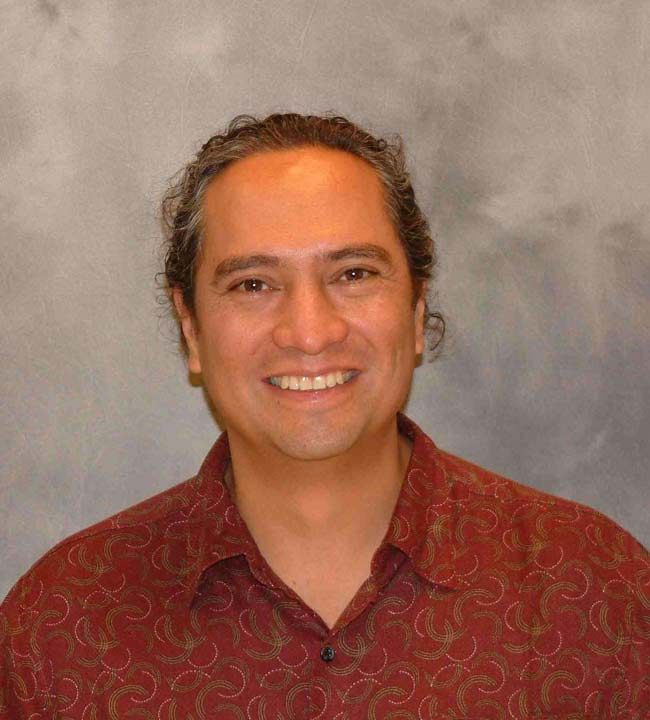Mind And Body Researcher Started Training At Age 5.

Get the world’s most fascinating discoveries delivered straight to your inbox.
You are now subscribed
Your newsletter sign-up was successful
Want to add more newsletters?

Delivered Daily
Daily Newsletter
Sign up for the latest discoveries, groundbreaking research and fascinating breakthroughs that impact you and the wider world direct to your inbox.

Once a week
Life's Little Mysteries
Feed your curiosity with an exclusive mystery every week, solved with science and delivered direct to your inbox before it's seen anywhere else.

Once a week
How It Works
Sign up to our free science & technology newsletter for your weekly fix of fascinating articles, quick quizzes, amazing images, and more

Delivered daily
Space.com Newsletter
Breaking space news, the latest updates on rocket launches, skywatching events and more!

Once a month
Watch This Space
Sign up to our monthly entertainment newsletter to keep up with all our coverage of the latest sci-fi and space movies, tv shows, games and books.

Once a week
Night Sky This Week
Discover this week's must-see night sky events, moon phases, and stunning astrophotos. Sign up for our skywatching newsletter and explore the universe with us!
Join the club
Get full access to premium articles, exclusive features and a growing list of member rewards.
Editor's Note: ScienceLives is an occasional series that puts scientists under the microscope to find out what makes them tick. The series is a cooperation between the National Science Foundation and LiveScience.
Name: Francisco Valero-Cuevas Age: 44 Institution: University of Southern California Field of Study: Engineering, neuromuscular systems, rehabilitation Bioengineer Francisco Valero-Cuevas of the Brain-Body Dynamics Lab at the University of Southern California studies the complex interplay between our mind and body, the control systems for our most dexterous tasks. Recently, he and his colleagues published a paper in the Journal of Neuroscience that suggests activities combining movement and force tax our brains to capacity, countering a long-held belief that difficulty with dexterous tasks results from the limits of the muscles themselves. The findings may help explain why minor damage to the neuromuscular system can at times profoundly affect one's ability to complete everyday tasks. Read more about Valero-Cuevas’s work here and here, and read his answers to the ScienceLives 10 Questions below.
{{ video="LS_090804_Motion-Force" title="Fingertip Force" caption="Animation of a human finger performing a rubbing task that requires the combined control of fingertip motion and force." }} What inspired you to choose this field of study? The amazing mechanical versatility of animals, which engineering is only beginning to understand and replicate. What is the best piece of advice you ever received? To always look for a job that you love to do. What was your first scientific experiment as a child? At age 5, I would "train" insects to withstand the rigors of space flight. They had centrifugal training and suborbital flights in plasticine capsules, with sugar as survival rations in case it took me time to find them if the string broke. I would also grow radishes in my garden to see how flowers produced seeds. What is your favorite thing about being a scientist or researcher? That I am free to be creative. What is the most important characteristic a scientist must demonstrate in order to be an effective scientist? Curiosity and enthusiasm are at the top of my list. What are the societal benefits of your research? To understand how our brain controls our body, so that we know how disease affects function, how rehabilitation can restore function, and how to build truly versatile machines. Who has had the most influence on your thinking as a researcher? My father always supported my curiosity. What about your field or being a scientist do you think would surprise people the most? How fundamental concepts of mathematics help us understand biological systems. If you could only rescue one thing from your burning office or lab, what would it be? My students! What music do you play most often in your lab or car? I prefer silence to think.
Get the world’s most fascinating discoveries delivered straight to your inbox.
 Live Science Plus
Live Science Plus










